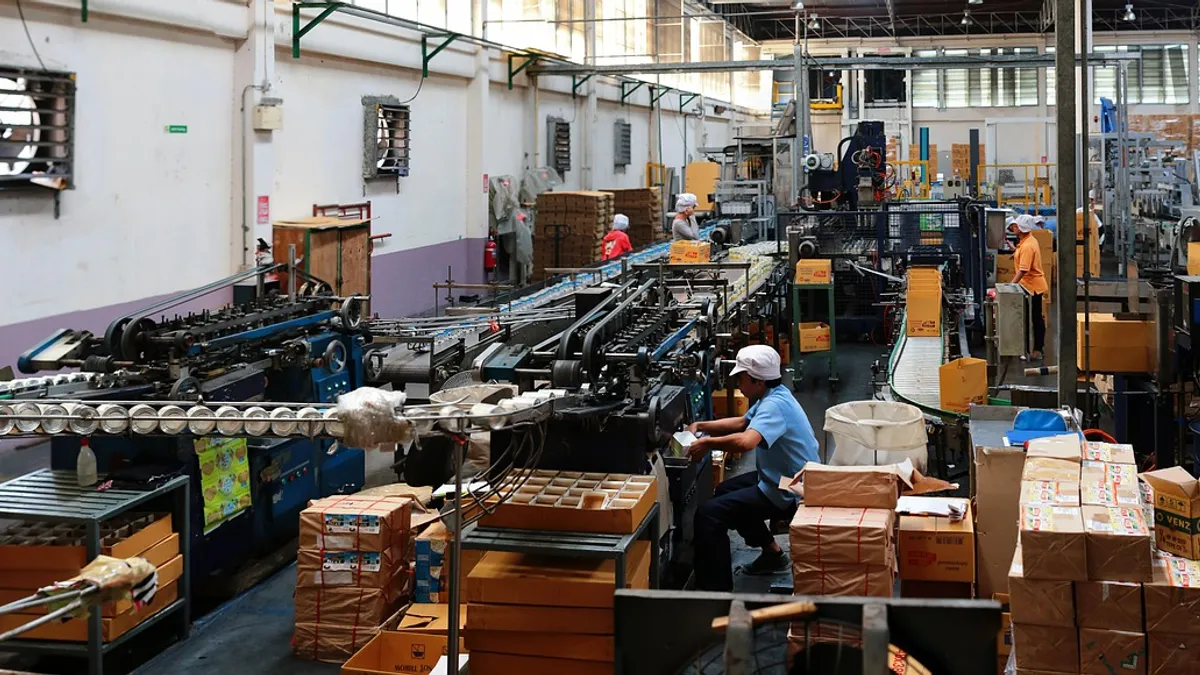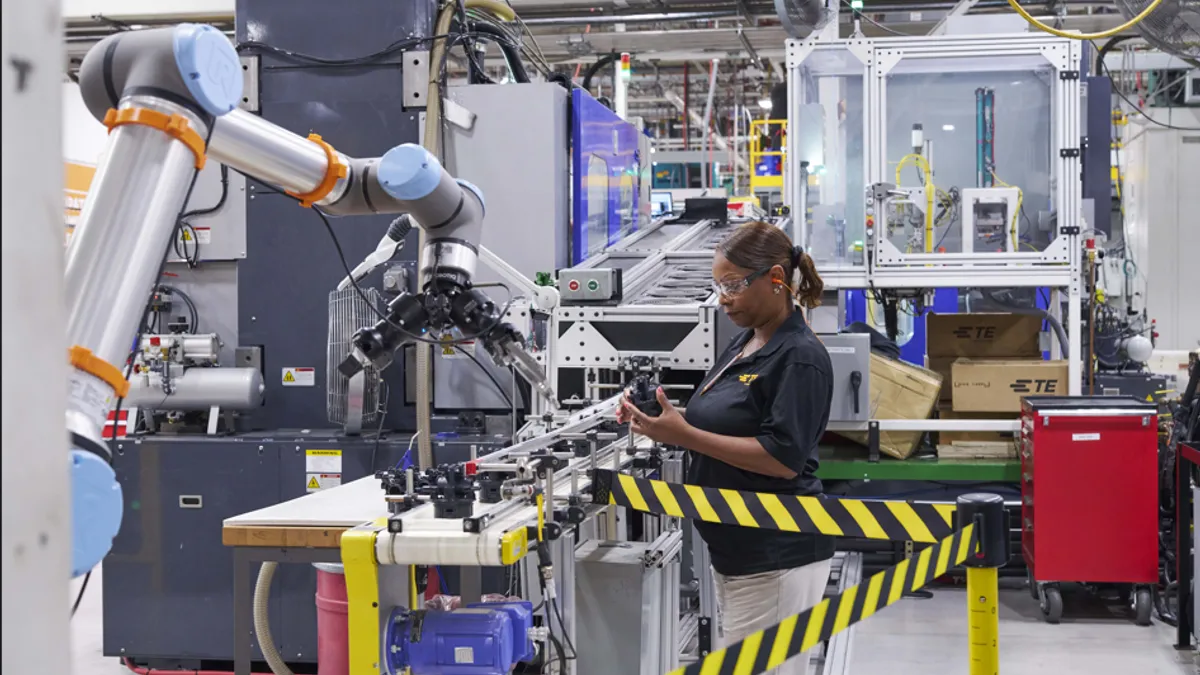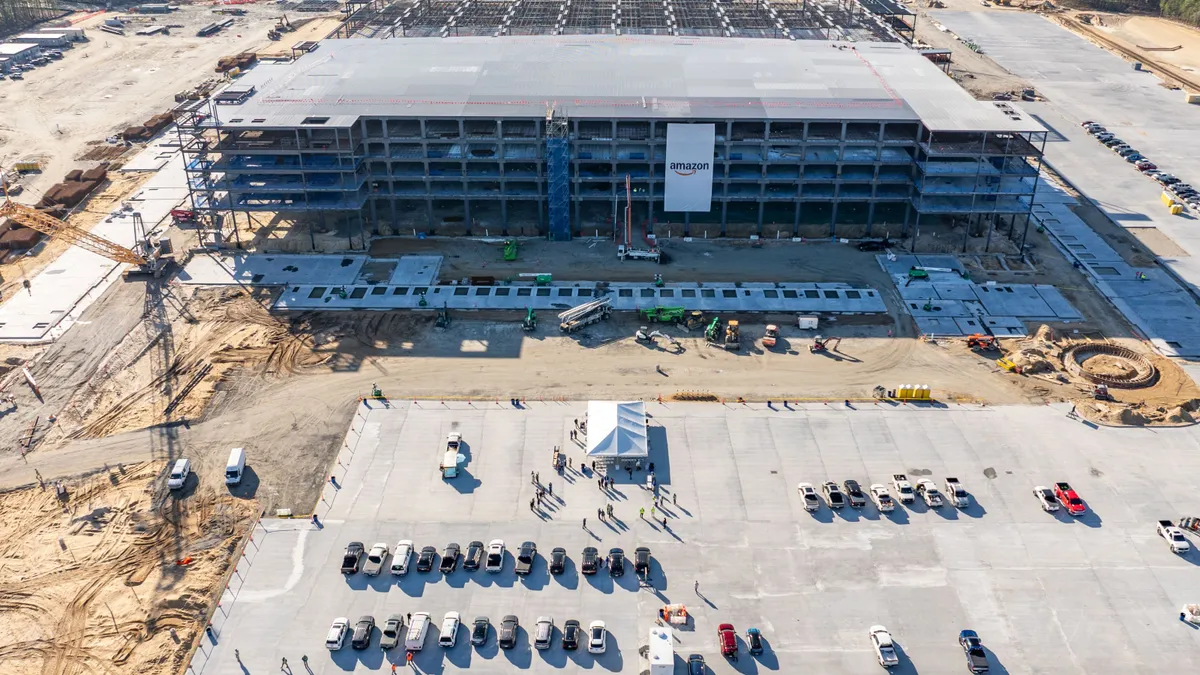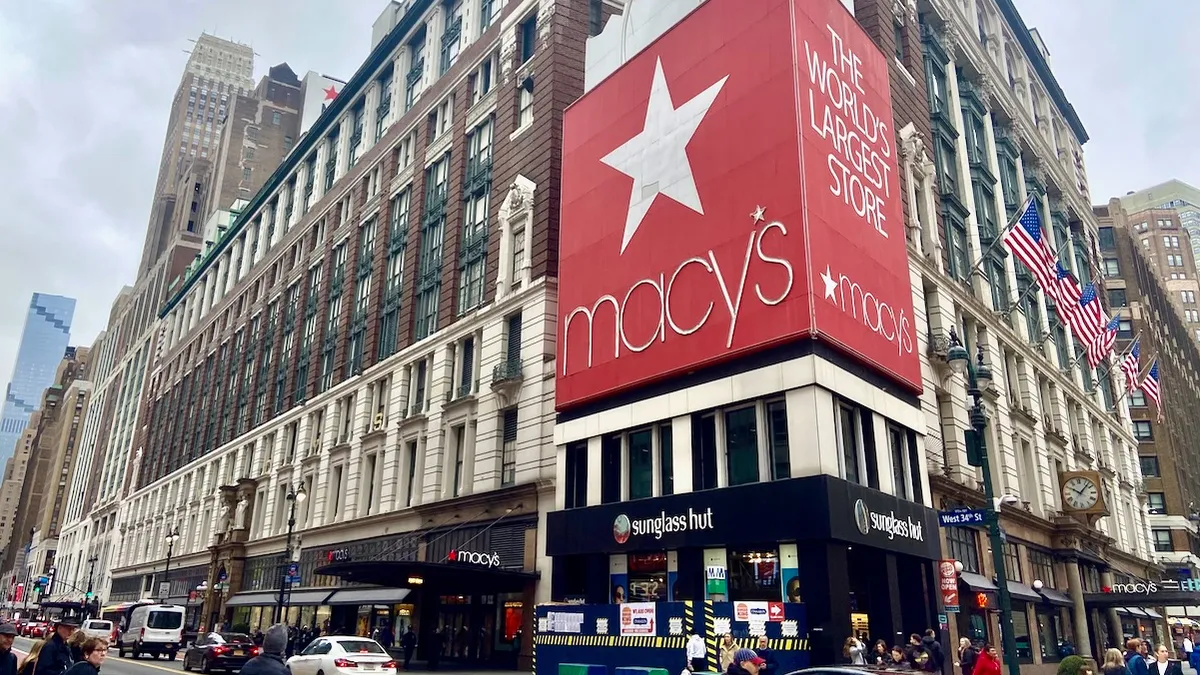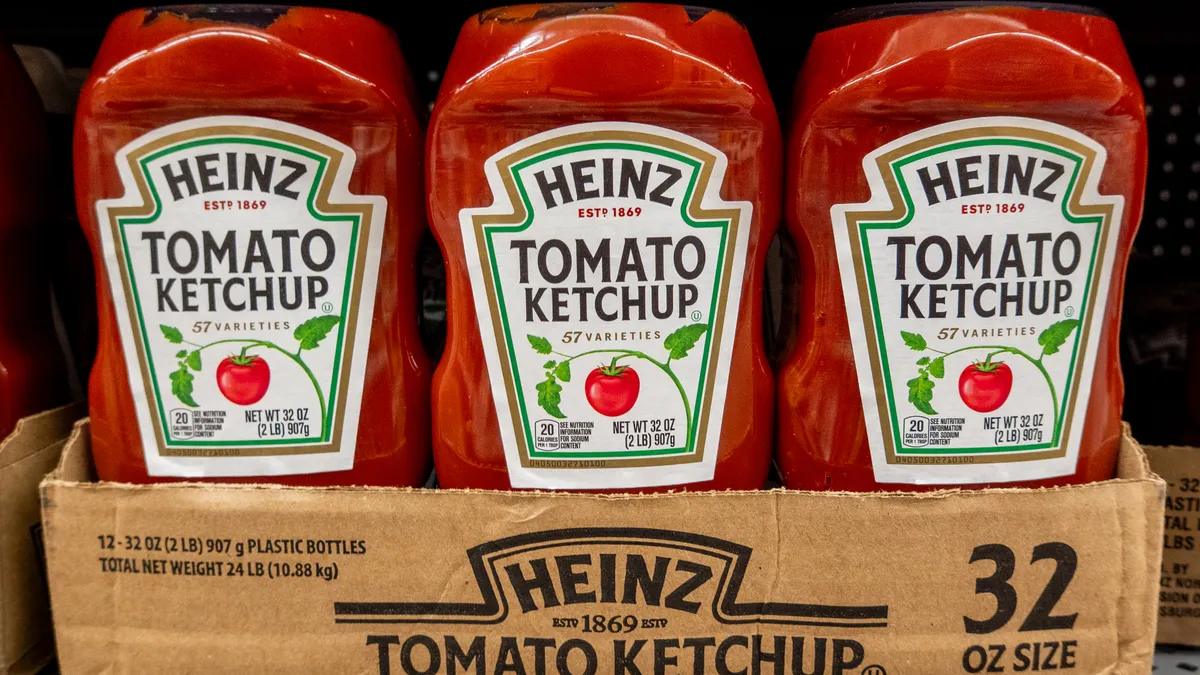Supply chains are constantly changing as new rules, technologies, resources and market trends transform operations. Here's a skim of the week's indexes, technology announcements, expansions and M&As from around the web.
In Case You Missed It
- Next-generation supply chains are here, disrupting logistics and operations alike.
- Supplier audits are great compliance tool, but enforcing too many may backfire.
- Are self-driving trucks a challenge or opportunity for the supply chain?
Market Snapshot
The March 2017 Manufacturing ISM Report on Business sheds further light on the slightly slower production growth last month, showing business outlook remains strong despite the slight blip.
Theories for the slowdown presented last week include a forecasting error due to a mid-week winter storm in March and the sales effects of higher prices and order backlogs. Beyond overall production numbers, the report shows order backlogs, new orders and prices continue to grow while supplier deliveries slow and inventory levels contract faster. In other words, March, like February, saw businesses operating at high levels of efficiency and tighter production timelines.
The report's subjective data provides further insight into the situation. Seventeen of the 18 manufacturing industries reported growth in March, with one respondent attributing increased sales to "a lot of storm orders."
In addition, another respondent in the Food, Beverage & Tobacco product industry said they were increasing customer-facing prices as supply prices creep up. "Overall, material inflation is upon us," said another respondent in the Paper Products industry.
The report also found a shortage for three commodities (capacitors, electronic components and methacrylates), and 23 up in price, including key packaging commodities such as corrugated boxes, foam, nylon and plastic resin.
Overall, the report reflects the effects of a continually expanding economy, which is also shown in recent macroeconomic data.
The National Retail Federation found retail imports grew by 21.5% in March, compared to the previous year. The first half of 2017 is expected to reflect a 7.3% increase from the first half of 2016. Similarly, an increase in disposable income leads the NRF to project a minimum 3.7% increase in retail sales for 2017.
Technically Speaking
Startups continue to raise the bar — as well as some eyebrows — in the logistics world as new technology promises to change the way the world works.
Peloton Technology, the truck platooning company that recently partnered with Ohio to test autonomous vehicles on smart roads, raised $60 million in a Series B funding round led by fleet management company Omnitracs.
Platooning has raised significant interest as a self-driving vehicle solution that still makes use of drivers, who remain a great concern within the industry. Other investors include Mitsui USA, Lockheed Martin, UPS Strategic Enterprise Fund, Nokia Growth and Intel Capital, showing the broad appeal of the freight transport technology.
Meanwhile, Uber and Amazon — who are more giants than startups now — have made their intentions to enter the 3PL space clear, sparking anxiety among some in the industry. JOC.com reports executives at the Transportation Intermediaries Association see their industry being shaken up by the digital natives. Some even told the Journal they could see the companies being an industry leader in a few years if they invest heavily and acquire quickly, just as XPO Logistics did.
New technology, from freight brokerage platforms to self-driving vehicles, seems to threaten the industry's current way of life, but industry-legend and FedEx CEO Fred Smith recently advised against fearing such change. The Memphis Commercial Appeal reports Smith believes automation may replace "high drudgery" jobs, but leave humans to do the more complex tasks.
In other news, Adidas is reportedly considering 3-D printing sneaker soles; DrivenBI announced it would integrate AutoCAD into its SRK platform; and Amazon bought various zero-emission, hydrogen fuel powered forklifts from Plug Power for its distribution centers.
Breaking Ground
Sea and air ports are equally benefiting from an increased need for distribution capacity and the private investment that comes with it.
DHL Supply Chain will build a third, 222,000-square-foot distribution center at the Port of Houston to service petrochemical companies in the area, My San Antonio reports. The new facility will be built by DCT Industrial, and be part of the distributor's 4.5 million-square-foot campus on the port.
Meanwhile, earlier investments in cold storage at the Miami International Airport are paying off, according to the American Journal of Transportation. The airport, which was the first IATA-certified pharmaceutical logistics hub in the U.S., saw its pharmaceutical shipments surge 48% in the past year while total trade jumped 8%.
Similarly, Indianapolis International Airport expects stronger freight transport growth as FedEx pledged $170 million to upgrade its hub in 2017, also hiring 200 more employees at the airport.
Elsewhere, Wal-Mart will build another distribution center in its home state of Arkansas; Toyota will invest $1.3 billion in its Kentucky plant as it moves to boost U.S. production; and Del Monte Fresh Produce will build a new, 178,000-square-foot distribution center in Delaware.
Mergers & Analysis
The last seven days proved ground-breaking for the trucking industry, as several major trucking announcement moved the industry's stocks amid rising optimism.
Most notably was Swift Transportation's announced merger with Knight Transportation which, valued at roughly $5 billion, marks the largest deal in the industry. The two Phoenix, AZ-based brands will continue to operate separately, but will be managed under a single holdings company: Knight-Swift Transportation Holdings.
At a glance, it's just another story of two industry giants joining forces for greater opportunities, but a deeper look reveals a decades-long family connection and history of impressive management. A joint timeline released by the companies reveals the Knight family worked for Swift Transportation's former CEO Jerry Moines for 10 years before starting their own company. And while Knight's assets are far fewer than Swift's, the company is renowned for strong margins saw its valuation rise upon announcement.
With the merger, the holdings company made it clear the Knight family would be in charge of the two businesses, with Moines as an advisor.
The markets soared on these news: Seeking Alpha reports a wave of one-day stock increases in the industry, counting Celadon Group (9.3%), USA Truck (2.9%), YRC Worldwide (2.8%), Landstar System (1.7%), J.B. Hunt (1.9%) and Marten Transport (2.4%). Add Schneider National's $550 million IPO, the industry's first since 2010, and some speculate trucking may be moving toward more deals in the short term.
Speaking of consolidation, the shipping industry continued its downsizing trend this week as Maersk Line seeks approval for its Hamburg Sud purchase. The company has already pledged to sell its Brazilian flagship Mercosul, and retreat from five regional alliances, which helped it receive EU approval.
Similarly, ports are reacting to industry shifts through their own efficiency drives, including a new alliance between the Georgia Ports Authority and the Port of Virginia creating the East Coast Gateway Terminal.



